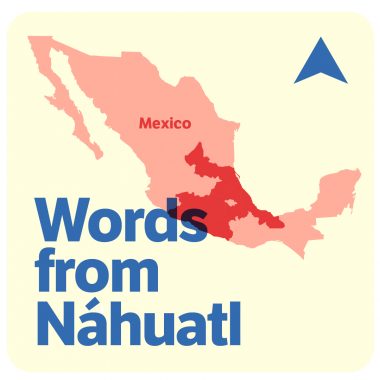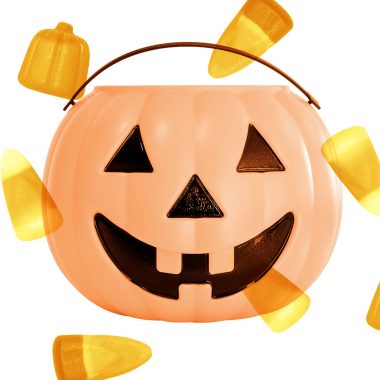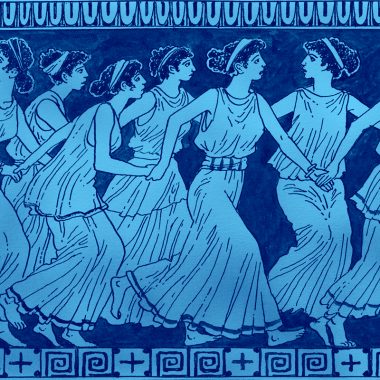How the Month of December Got Its Name
Ah, December, that time of year when storefronts are festooned with holiday decorations, and another year is reaching its close. If you live in the Northern Hemisphere, December might mean pulling off your boots so you can curl up with your smartphone and read Dictionary.com (hey, we can dream). But, what does the word December mean in the dictionary? And, where did the 12th month of …











